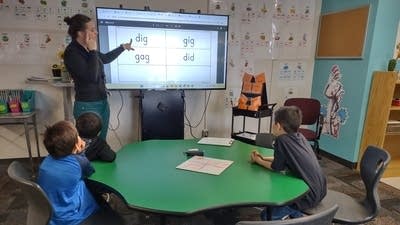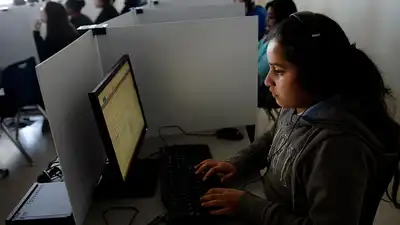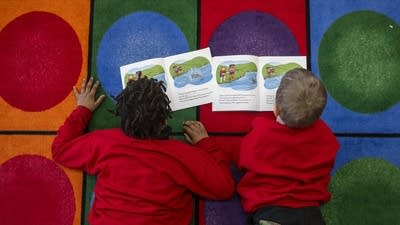Education

October 16, 2025
New reading laws sweep the nation following Sold a Story

August 21, 2025
A window into America’s high schools slams shut

August 21, 2025
Lawsuit saves massive reading experiment

December 4, 2024
Lawsuit calls reading curriculum 'deceptive' and 'defective'

December 11, 2023
Widely used reading test often wrong

November 10, 2022
Heinemann’s billion-dollar sales have nationwide reach

October 20, 2022
Want to know more about the science of reading?

August 2, 2022
Native American College Diaries

August 19, 2021















